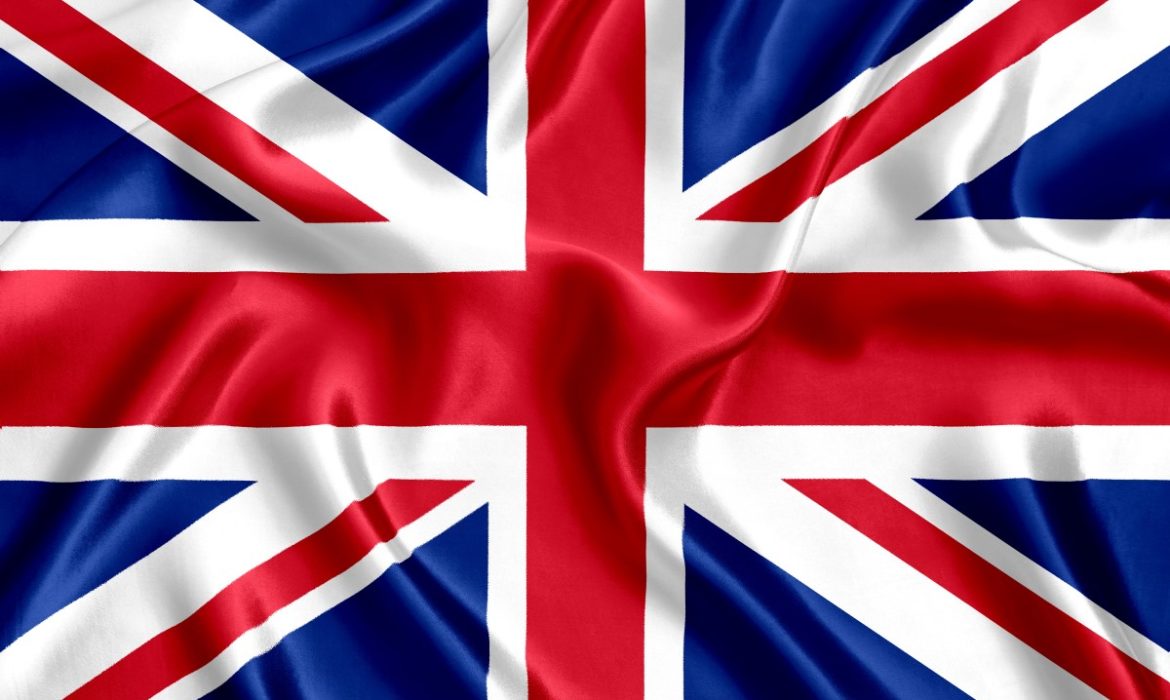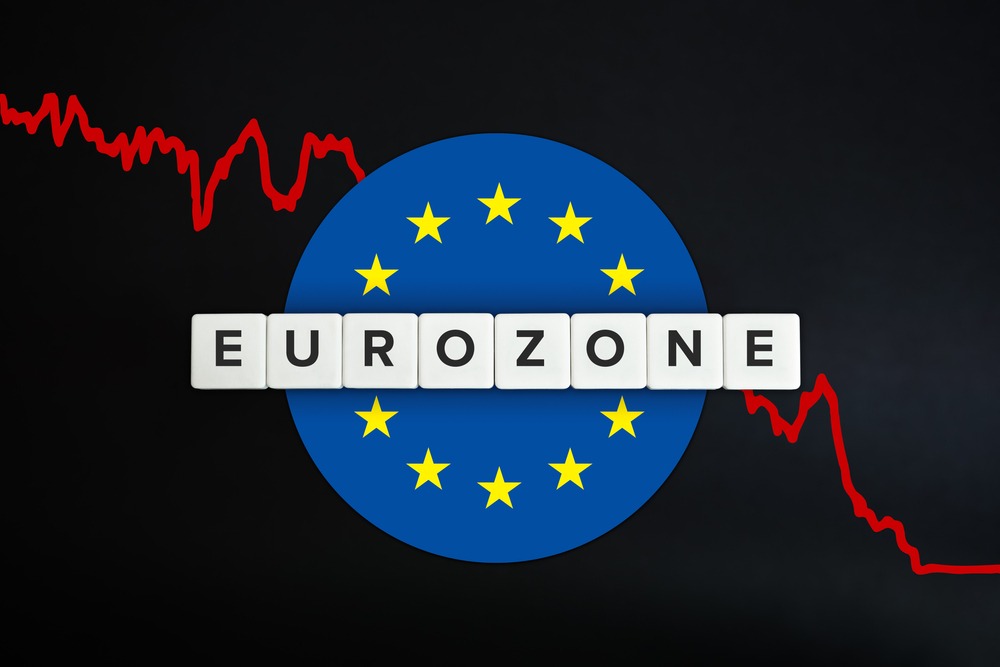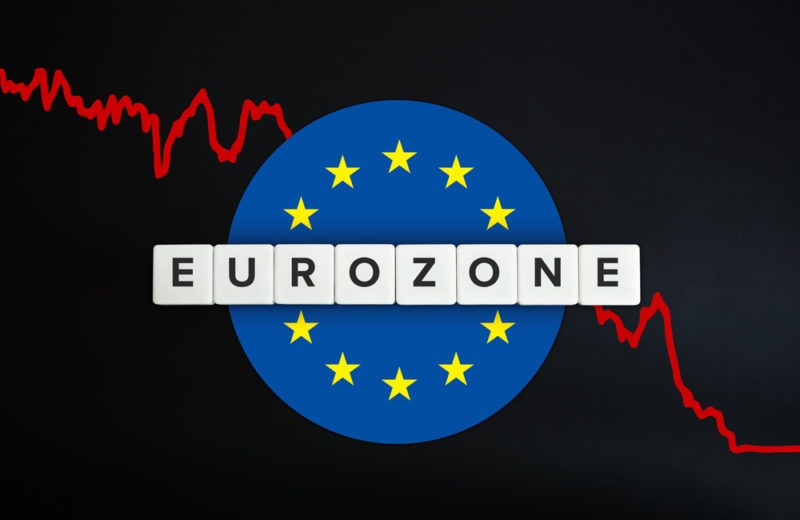Key Points
- The UK economy grew by 0.6% in Q1, surpassing expectations by beating forecasts of 0.4%.
- roduction rose by 0.8%, while construction declined by 0.9%.
- Inflation concerns arise as persistent high Inflation continues to challenge economic stability.
The UK economy has shown a promising start to the year, with a reported GDP growth of 0.6% in the first quarter, indicating a robust emergence from the recent recession. Historically defined by economic experts as two consecutive quarters of negative growth, the recent economic data signifies a turning point for the nation. This performance exceeds the expectations set by analysts at Reuters, who had anticipated a more modest growth of 0.4%. The 0.6% growth shows stronger-than-expected economic resilience, suggesting the UK is on a path to sustained recovery.
Growth in the Production Sector Vs. 0.9% Fall in Construction
The detailed analysis of sector-specific performance reveals mixed results. The production sector experienced a notable increase, posting a growth of 0.8% from January to March. This growth is due to higher manufacturing output, boosted by domestic demand and better global trade conditions. In contrast, the construction sector faced challenges, with a decrease of 0.9% in the same period. The downturn in construction reflects ongoing economic uncertainties and the impact of higher borrowing costs on new projects and investments.
UK Economy: March Records 0.4% Growth, Building on February’s 0.2%
Reviewing the monthly growth figures, March showed a growth of 0.4%, building on the momentum from February’s 0.2% growth. This sequential improvement is crucial as it reflects the underlying economic strength and consumer confidence gradually building across the UK. These months of growth set a positive tone for the upcoming quarters, pivotal for the trajectory ahead.
Bank of England Holds Rate at 5.25%, Eyes Inflation
The Bank of England has maintained the main interest rate at 5.25%, a decision made during their latest meeting on Thursday. This decision aligns with their inflation outlook, which remains close to 2% in the short term, with expectations of an increase later in the year. The central bank’s cautious approach reflects the need to balance supporting growth while managing inflationary pressures, which are expected to remain a significant concern for the economy as we advance.
UK Economy Battles High Inflation Amidst Economic Growth
Despite positive growth indicators, the UK struggles with persistent Inflation, which remains elevated and impacts economic activities. The sustained high inflation rates challenge consumer purchasing power and overall economic stability. As Inflation continues to outpace wage growth, the real income of many households is being eroded, thus tempering consumer spending, which is crucial for sustained economic growth. Addressing this persistent issue is crucial for policymakers aiming to stabilize the economy and ensure long-term growth.














